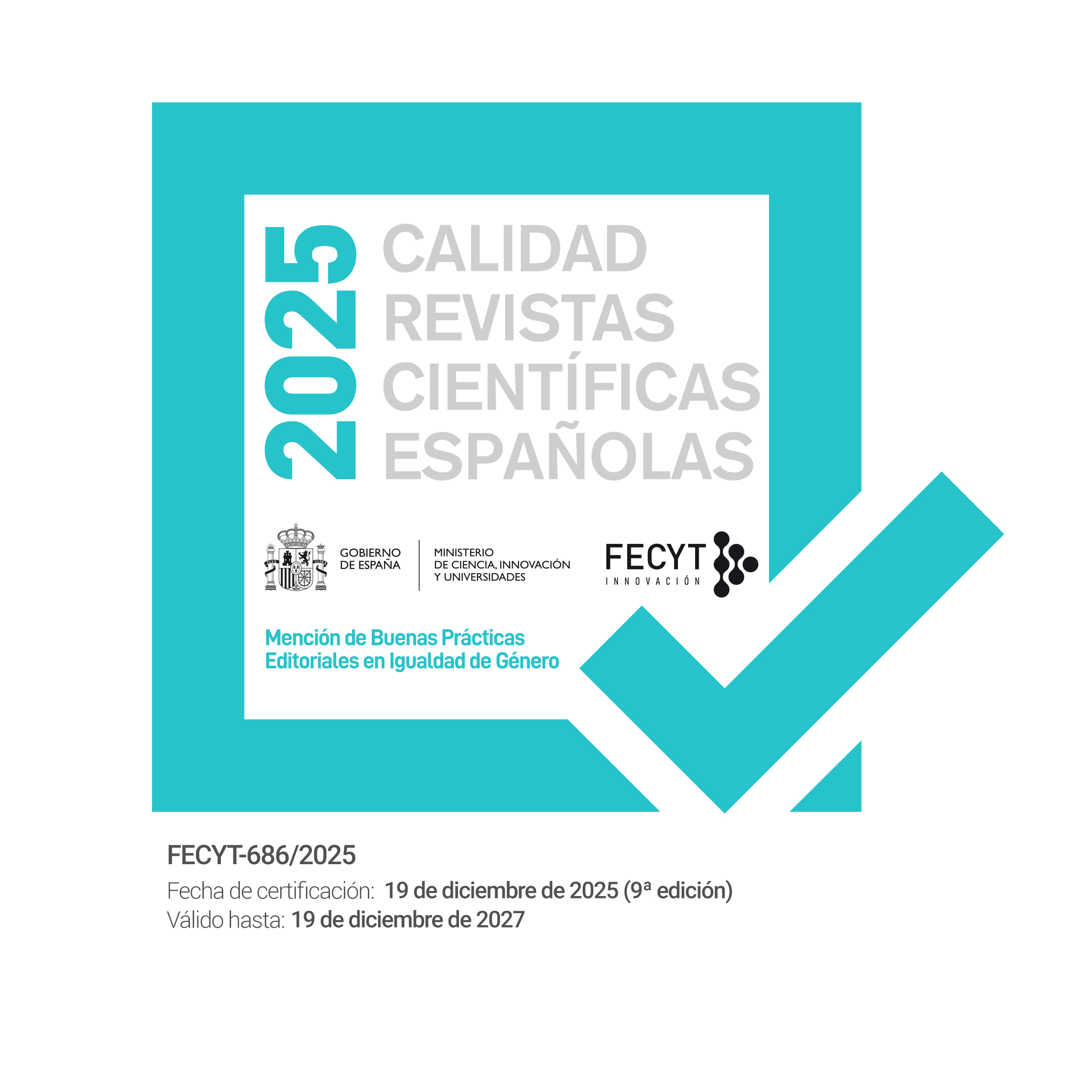Couple Psychoanalytic Psychotherapy: Theory, and clinical practice.
DOI:
https://doi.org/10.55414/gwfz2p70Abstract
The main theoretical and technical contributions in the realm of couples psychotherapy are surveyed, as is the empirical evidence on the efficacy and effectiveness of this treatment. From the theoretical perspective, this study focuses on the modalities of couples psychotherapy that primarily draw from the school of object relations in its British and American branches, as well as attachment theory. Couple relationships, just like any affective ties, are rooted in relationship experiences since childhood. This article discusses the importance of projective identification as a crucial defence mechanism for the normality or psychopathology of the relationship. With regard to the clinical approach to couple conflicts, psychoanalytical psychotherapy underscores the importance of accurately diagnosing these conflicts, of understanding the unconscious, repetitive relationship patterns that are activated in the couple. Clarifying and interpreting these patterns and regulating the intense emotions that they arouse are two fundamental aspects
of the treatment. In the last section of this study, our work experience with couples in the Couple and Family Unit of the Vidal i Barraquer Foundation is summarised.
CITE AS:
Perez Testor, C., Castillo Garayoa, J.A. & Davins Pujols, M. (2009). Psicoterapia psicoanalítica de pareja: teoría y práctica clínica. Apuntes de Psicología, 27, 197-217.
Downloads
Downloads
Published
Issue
Section
License
Copyright (c) 2009 Apuntes de Psicología

This work is licensed under a Creative Commons Attribution-NonCommercial-NoDerivatives 4.0 International License.



























